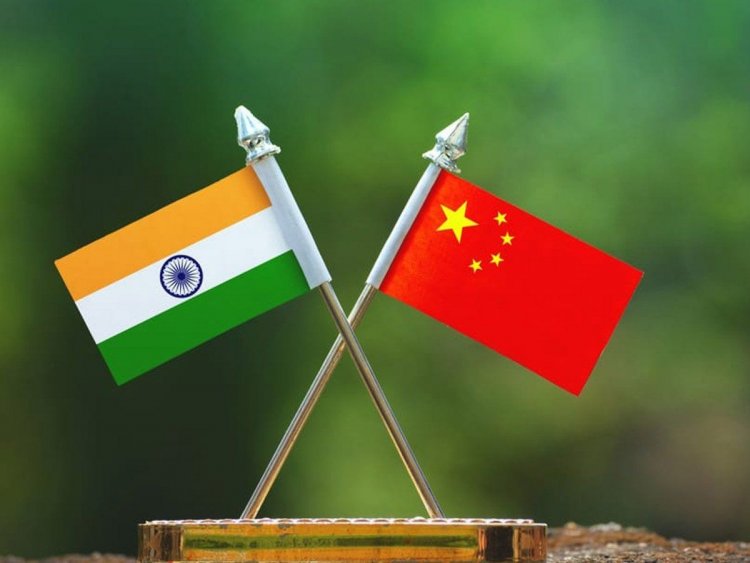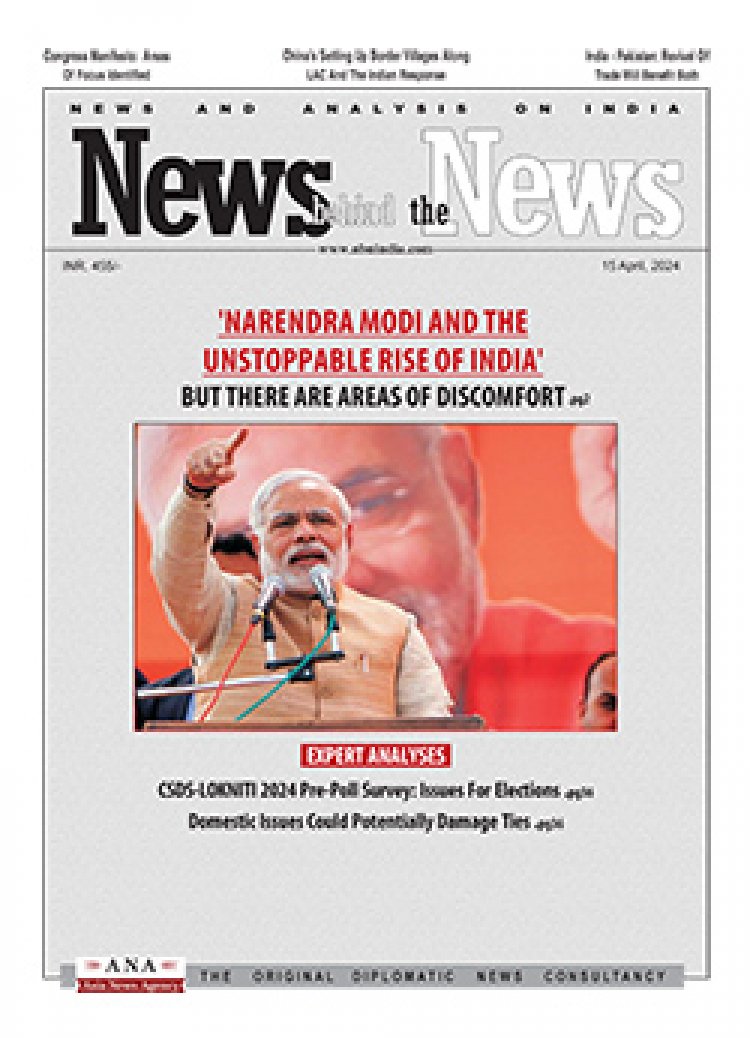India - China - Small States: Power Play
STORIES, ANALYSES, EXPERT VIEWS

India’s biggest external challenges in the next 25 years, will come from China, and these will not be confined to this country’s security in the conventional sense. These challenges, writes K P Nayar (Strategic Analyst) “will be broader and encompass economic, technological, civilisational, demographic, and of course, military activities.”
The nature and dimension of the Chinese challenges will depend very much on India’s policy attitudes in the coming years. It will also depend, in a major way, on how India perceives its neighbourhood. The attitude and policies of small countries like Nepal, Bangladesh, Maldives and Sri Lanka will also determine the complexities of inter state relations in the next 25 years.
Understanding the psyche of small States
In this context, it is appropriate to understand Shibani Mehta’s (Research Analyst with the Security Studies Program at Carnegie India) thesis on how small nations pick sides in a big power rivalries.
“There is a complex push-pull interplay between the United States, China, and smaller nations…” Most States are “angling to maximise their gains from the intensifying competition between Washington and Beijing, but remain cognisant that their behaviour must avoid spiralling into armed conflict or economic isolation….” Most States also “do not compromise their national interests to please big powers.”
Pursuant to US House of Representatives speaker Nancy Pelosi’s visit to Taiwan on 3 August, South Asian countries reiterated their commitment to the One-China Policy. Pakistan’s foreign office said that the developments between US and China have had serious consequences on regional security at a time when it is dealing with severe energy and food crises. Nepalese Home Minister Bal Krishna Khand specified, ‘Nepal will never allow any forces to use its territory for anti-China separatist activities.’ Interestingly, the Maldives reaffirmed its support for the One-China Policy, but clarified that the government would not issue an official statement on the matter. Among other small acts of big rebellion, Mehta says “the Bangladesh government compelled Chinese foreign minister Wang Yi to change the dates of his visit to Dhaka in August. Sri Lanka requested China to indefinitely delay the planned visit by a ship to the Hambantota port.”
Nepal is another example. For example, it is argued that the 2015 blockade and the subsequent fuel crisis nudged Kathmandu to consider Beijing a feasible alternative to Nepal’s economic dependence on India. Nepal officially joined the Belt and Road Initiative (BRI) in 2017, making the easy case that Nepal was in China’s corner. This panoramic view, writes Mehta “ignores the reality that relationships between nations are transactional and that Nepal is a player and not a game piece…..”
‘Small States utilise rivalries to maximise their gains’
When seen in isolation, Mehta says “these moves are mere blips in the relationship between long-time neighbours. But keeping the power asymmetry in mind, these actions underscore the firm resolve of smaller South Asian countries to pursue national interest at the least possible cost. It is not feasible for Bangladesh to oppose its largest trading partner. Neither is it wise for Nepal to jeopardise its strategic partnership with China. These nations are testing the limits of their relationship with a major power without damaging it irreversibly. Bangladesh may have rescheduled the first high-level visit in the last five years, from China to Dhaka, but it also singed four Memorandum of Understanding (MoUs) and agreements with China when the foreign minister did visit on 7 August. Unless nations intend to pursue and protect their national interests unilaterally, they need partnerships.”
In conclusion, “small States utilise rivalries to maximise their gains and influence the strategic course of larger powers….”
Way forward for India vis a vis China: The above logic also applies to bigger states like India. Even as it seeks to contain the challenge from China, the way forward for India may not be through alliances, in particular with the US. This is a good time to recall former Prime Minister PV Narasimha Rao’s emphatic understanding that in the new Cold War phase, “India should stand with China and not with the US, just as it was closer to the Soviet Union, not the US, during the first Cold War.”
















